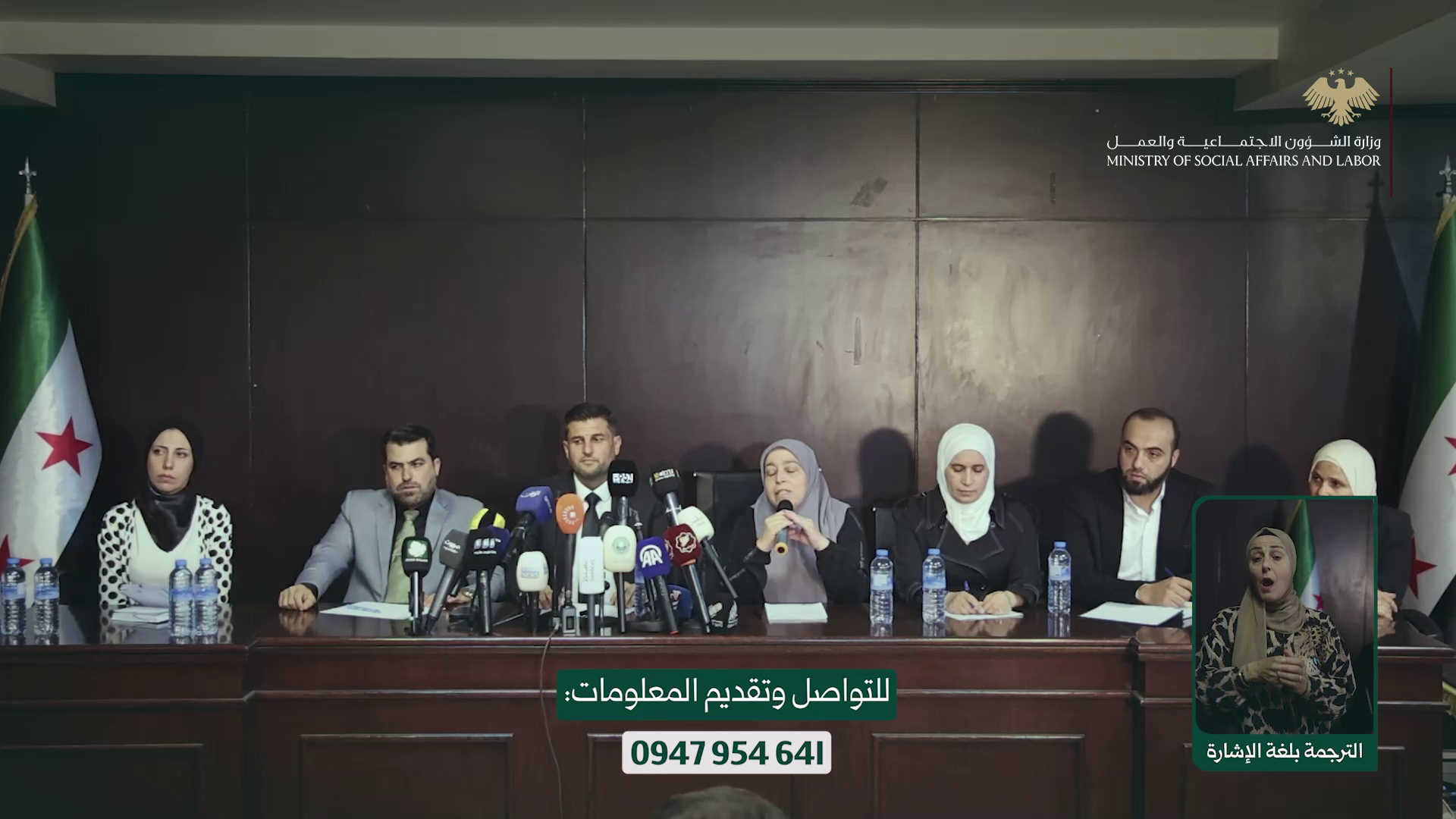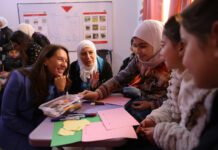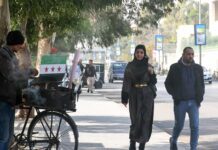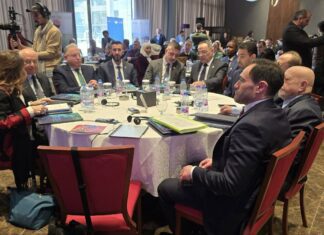
A newly formed committee has begun investigating the fate of hundreds of children who disappeared while their parents were held in the prisons of the Assad regime. The effort is part of broader efforts to address decades of enforced disappearances launched under Ministerial Resolution No. 1806. The Committee to Investigate the Fate of Children of Detainees and Forcibly Disappeared Persons officially commenced work last week with a press conference, outlining its methods and pledging transparency.
Chaired by Dr. Raghdaa Zidane and operating under the Ministry of Social Affairs and Labor, the committee includes representatives from the Ministries of Interior (MOI), Justice and Endowments, as well as civil society groups, human rights activists and families of the disappeared. Zidane said the committee’s primary goal is to determine the fate of the missing children, hold those responsible accountable and reunite surviving children with their families when possible.
Initial Arrests Signal Serious Violations
Authorities have already arrested two former ministers of social affairs and labor—Rima al-Qadiri and Kinda al-Shammat—as part of the investigation. Also detained were Nada al-Ghabra and Lama al-Sawaf, formerly of the Lahn al-Hayat orphanage, and Rana al-Baba, director of the Mabarrah Association, along with others.
The committee has documented evidence of violations tied to the disappearance and possible exploitation of children in care homes during the Assad era. “We have credible evidence linking these individuals to legal violations related to the fate of these children,” the committee said in its first public statement following the arrests.
Judge Hussam Khattab of the Ministry of Justice confirmed that the investigations are proceeding under judicial oversight. He said authorities are tracking illegal adoptions, falsified parentage documents and instances of unauthorized travel involving minors.
Challenges in Tracing the Disappeared
MOI representative Samer Qorbi said the arrests of care home workers stemmed from family complaints, alleging concealment and abuse. Meanwhile, the committee has begun field visits to state institutions to review records and verify information.
Malak Awda, representing families of the missing, pointed to obstacles including the lack of documentation for children born in detention and the collapse of record-keeping during the regime’s final days. “Many foster home records were destroyed or lost after the fall,” Awda said.
The committee has proposed DNA testing to match children currently in care with potential relatives, alongside efforts to establish legal protections for those whose identities remain uncertain.
Seeking Public Cooperation
To support its mission, the committee launched two hotlines: one for information sharing and another for legal consultation. Families and citizens are encouraged to provide documentation or tips related to the missing children by contacting the hotlines.
All communications will be kept confidential, and the committee pledged continued updates and collaboration with the public. “Building trust with the families is essential,” Zidane said. “It is the only way to uncover the truth.”
As Syria begins to account for the atrocities of its past, the fate of its most vulnerable—its missing children—remains a central and painful question.








